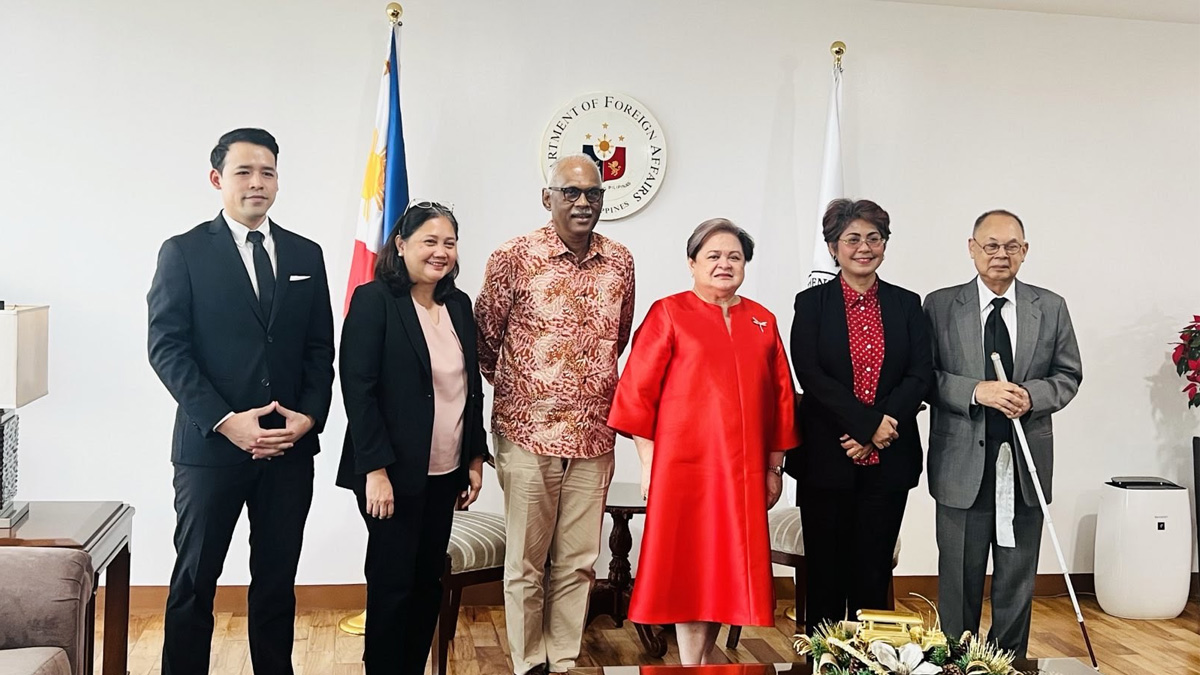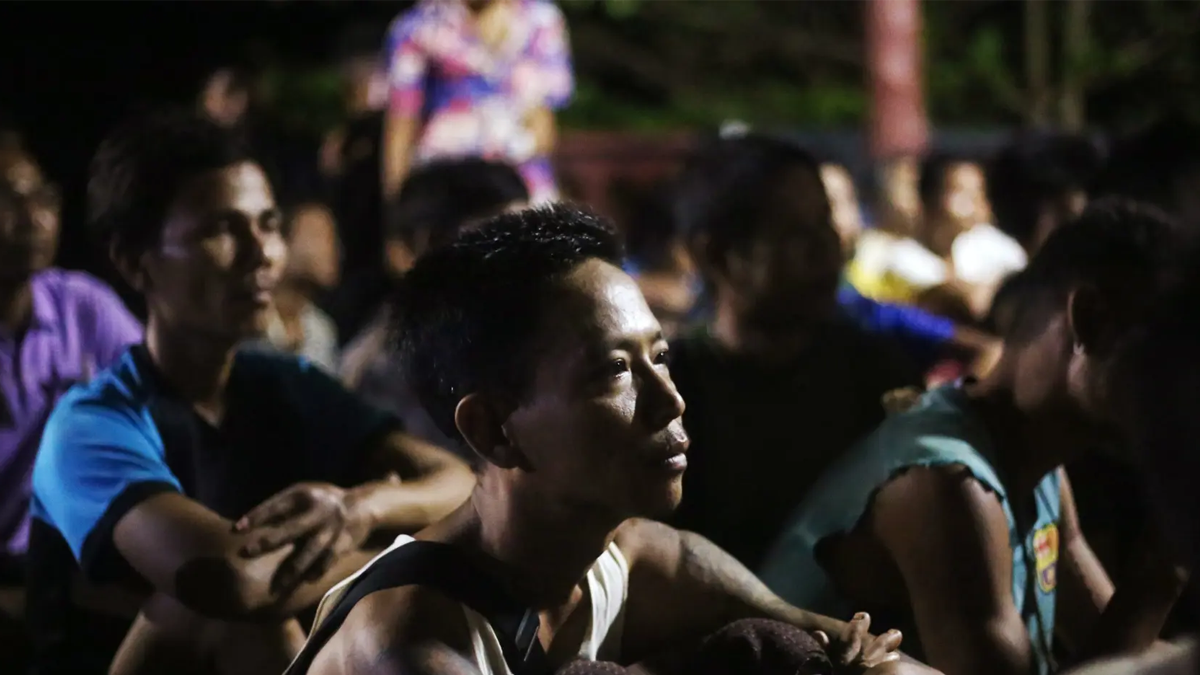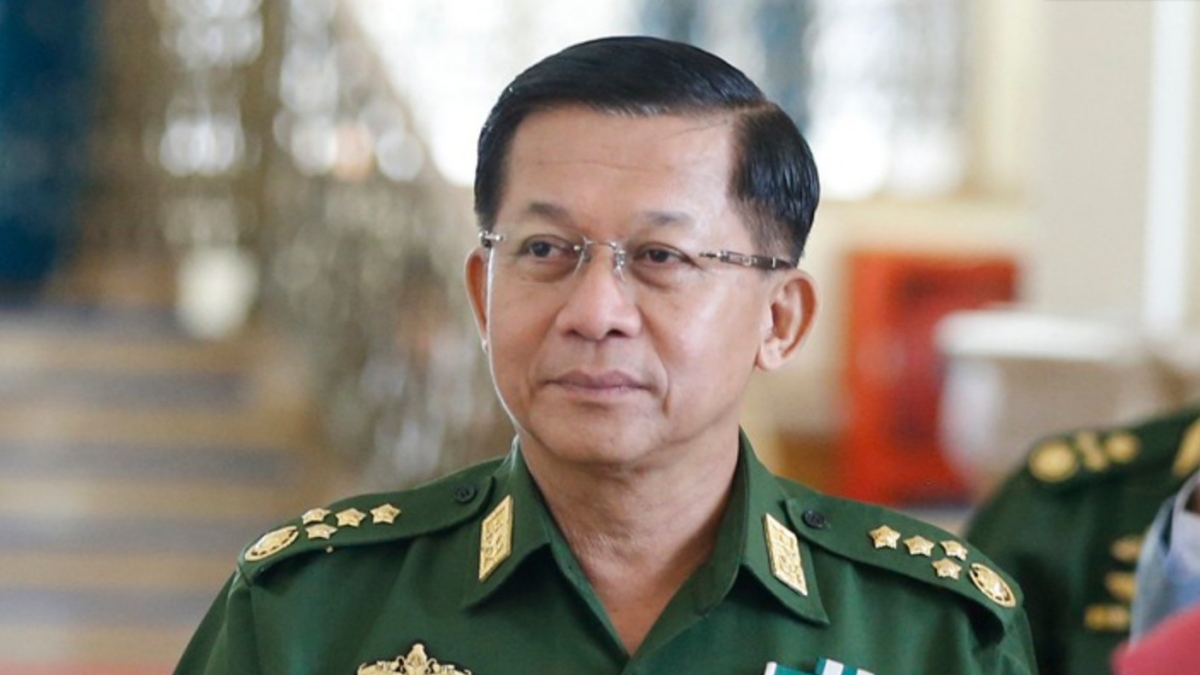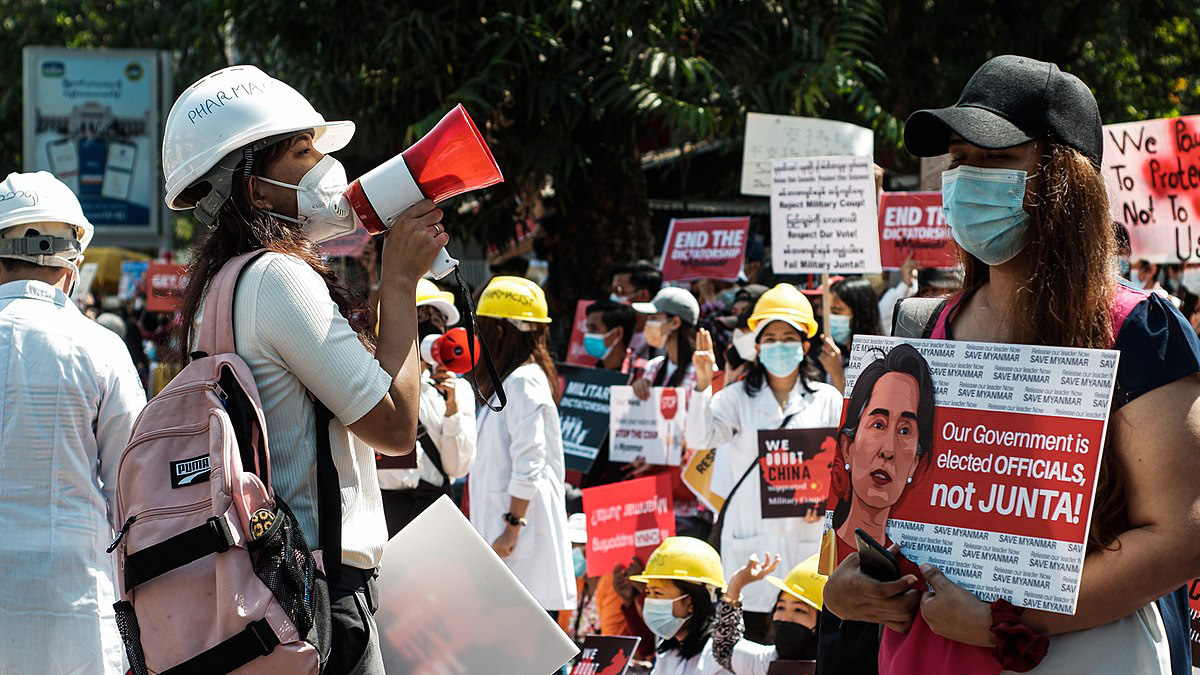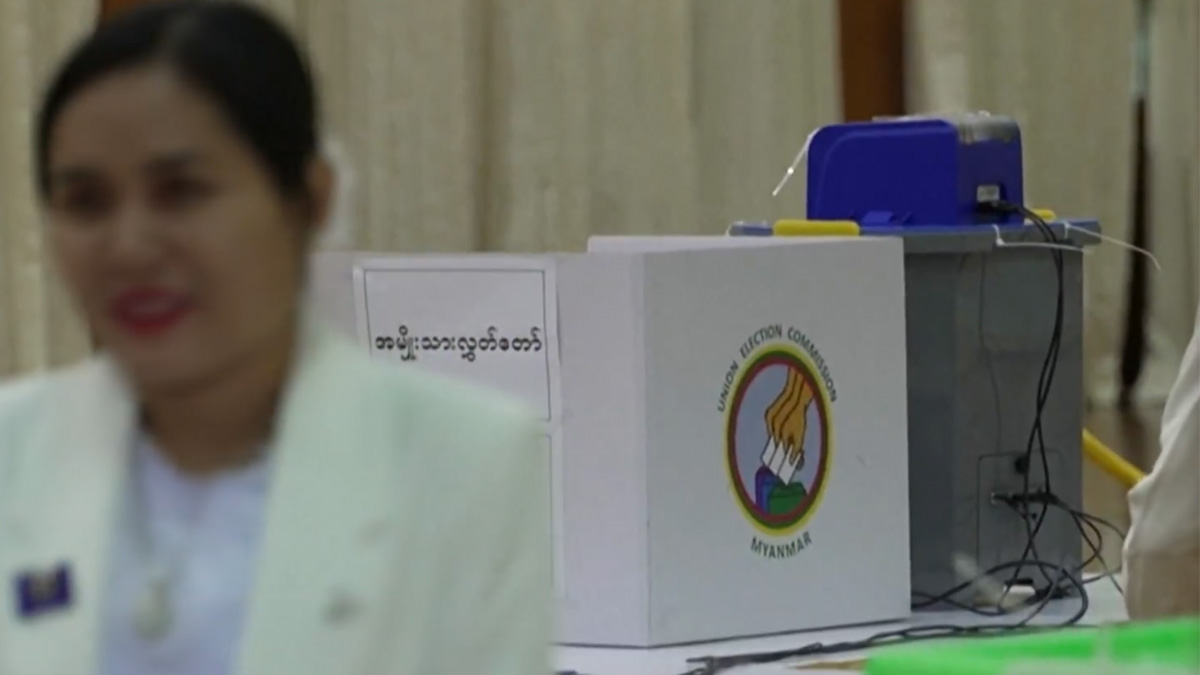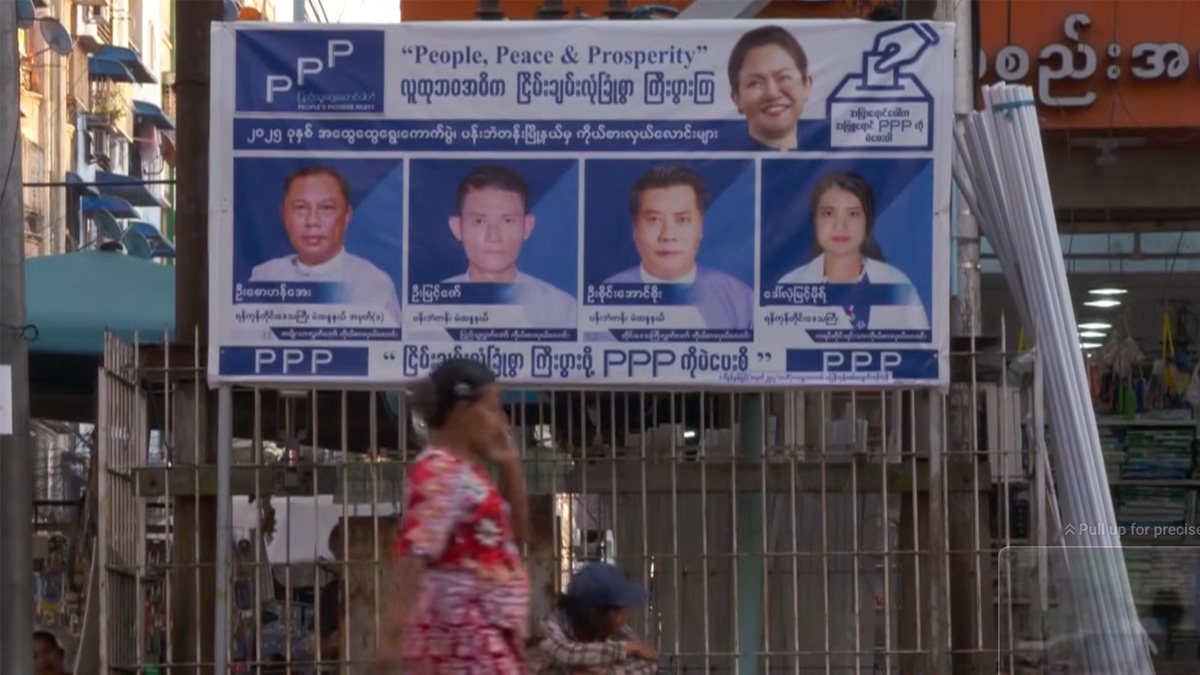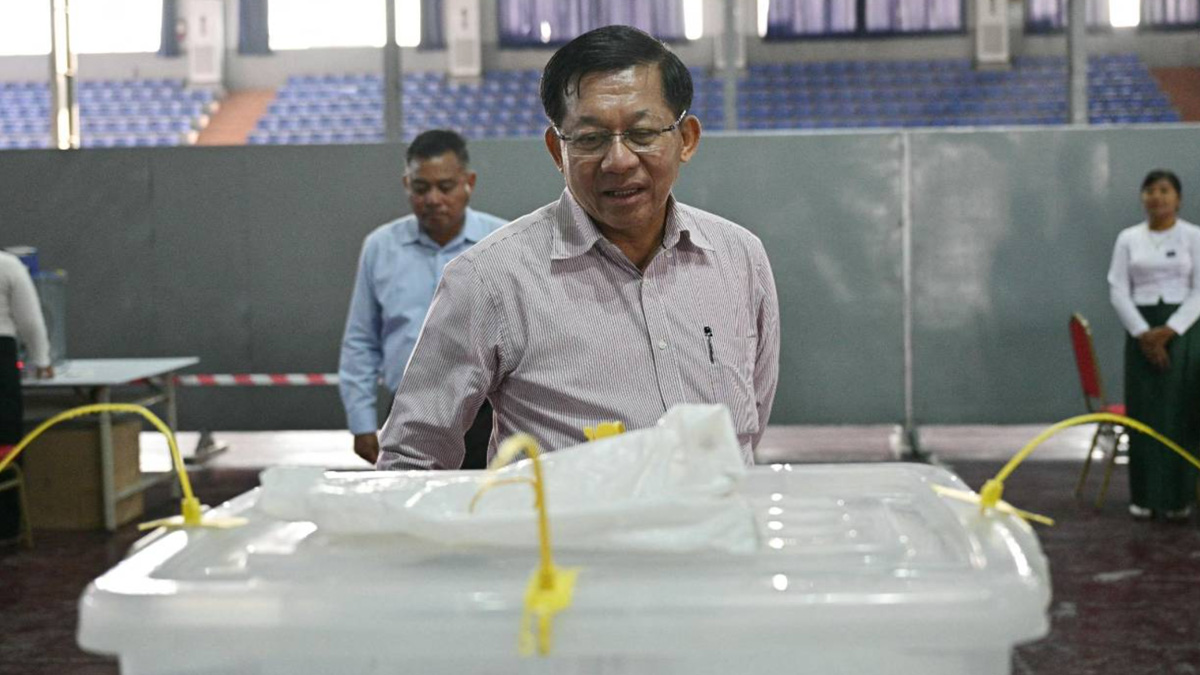APHR urges US to reverse decision ending protection for Myanmar nationals under TPS
APHR has condemned the US decision to end Temporary Protected Status for Myanmar nationals, warning it endangers thousands of people fleeing persecution and undermines humanitarian obligations.
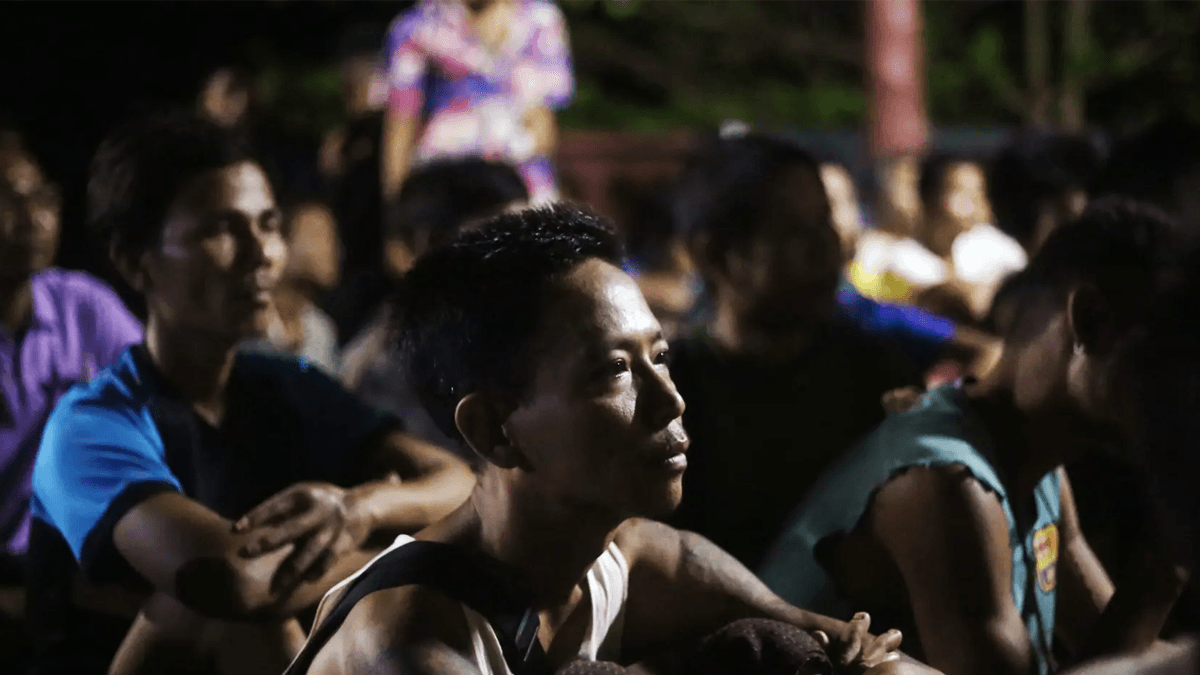
- APHR criticises the US decision to end TPS for Myanmar nationals, citing ongoing persecution.
- The group warns of risks including deportation, family separation, and loss of remittance support.
- APHR urges a policy reversal and regional action to protect displaced Myanmar citizens.
The ASEAN Parliamentarians for Human Rights (APHR) has issued a strong condemnation of the United States Department of Homeland Security’s (DHS) recent decision to terminate the Temporary Protected Status (TPS) for nationals of Myanmar.
In a public statement on 26 November 2025, APHR described the DHS announcement as a severe misjudgment, warning that it threatens the safety and stability of thousands of Myanmar nationals who fled persecution and ongoing violence in their home country.
According to the DHS, the decision was reached following consultations with interagency partners, concluding that “conditions in Burma no longer meet the TPS statutory requirements.”
Mercy Chriesty Barends, Chairperson of APHR and a member of Indonesia’s House of Representatives, sharply criticised this assessment. She stated, “This assertion is profoundly disconnected from the lived reality of millions of people in Myanmar and from the experiences of Myanmar peoples who fled persecution.”
Barends warned that the withdrawal of TPS will leave many vulnerable to deportation, stripping them of legal protection and exposing them to the very dangers they had escaped. She called for the immediate reversal of the decision, stressing the need to “keep families safe.”
TPS beneficiaries from Myanmar have generally been long-term residents in the US, many of whom hold jobs, support families, and have built strong ties to local communities. The sudden termination of legal work authorisation is likely to sever essential remittance flows to families still suffering under Myanmar’s deteriorating conditions.
APHR expressed deep concern that the DHS determination does not reflect the reality on the ground. Since the military coup in Myanmar on 1 February 2021, the country has seen a worsening human rights crisis, with ongoing reports of arbitrary arrests, enforced disappearances, torture, and indiscriminate attacks on civilians, including airstrikes on displacement camps.
Sarah Jane Elago, a Member of the House of Representatives of the Philippines, highlighted the dangers of revoking protection while such conditions persist. “To remove temporary protection while these threats persist is to expose people to a very real risk of harm and to undermine fundamental principles of humanitarian protection,” she stated.
The APHR also underscored the economic and social consequences of the decision. Many TPS holders are primary income earners for families both in the US and abroad. The termination would not only put them at risk of detention and deportation, but would also sever critical lifelines for households already enduring significant hardship inside Myanmar.
Charles Santiago, APHR Co-Chairperson and a former Malaysian Member of Parliament, warned that forcing returns to Myanmar would directly endanger lives. “Returning people to a country where the junta blocks aid, detains critics and conducts violent operations is a direct threat to life. The US must immediately halt this termination,” he said.
In response to the situation, APHR called on the US administration to reverse the termination of TPS. The organisation stressed the importance of consultations with Myanmar diaspora communities, human rights organisations, and humanitarian bodies prior to any change in legal status.
It further emphasised the need for case-by-case assessments that adhere to the principle of non-refoulement—an international legal norm that prohibits the return of individuals to a country where they face serious threats to life or freedom.
Beyond the US, APHR urged Southeast Asian parliaments and international actors to expand protection efforts for displaced people. This includes advocating for full humanitarian access within Myanmar and seeking accountability for ongoing violations committed by the military junta.
“APHR stands with Myanmar people everywhere,” the organisation affirmed. “Those resisting inside the country and those rebuilding their lives abroad.”
The group pledged to continue advocating for policies grounded in humanitarian law that uphold dignity, safety, and legal protection for all displaced persons.


